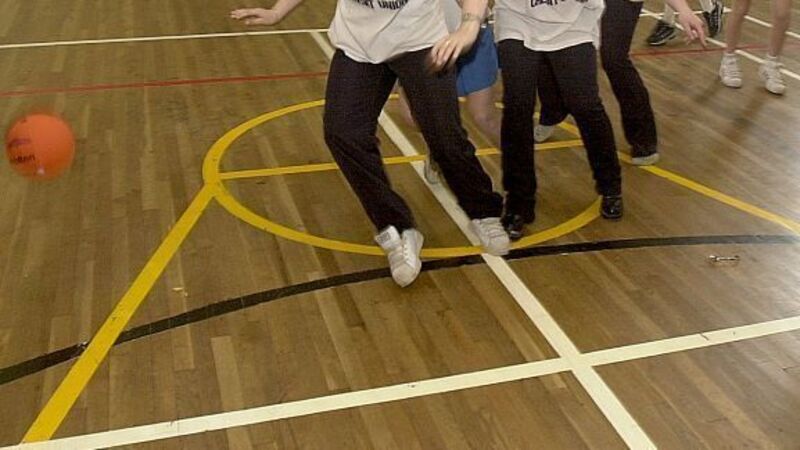Schools placing ‘poor value’ on PE, study finds

The research, looking at the experiences of students aged 15 to 17 across six different schools, found that of 393 teenagers, 20% were overweight or obese, and that only a minority reported high levels of physical activity.
The author of the study, Sarah Browne, a dietician and researcher, also found that 57% of participants reported that they never drank alcohol, but 25% reported some monthly alcohol consumption and 18% left the question unanswered.













